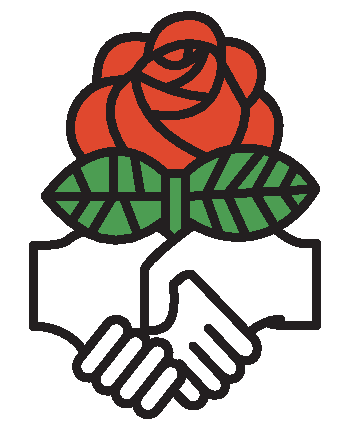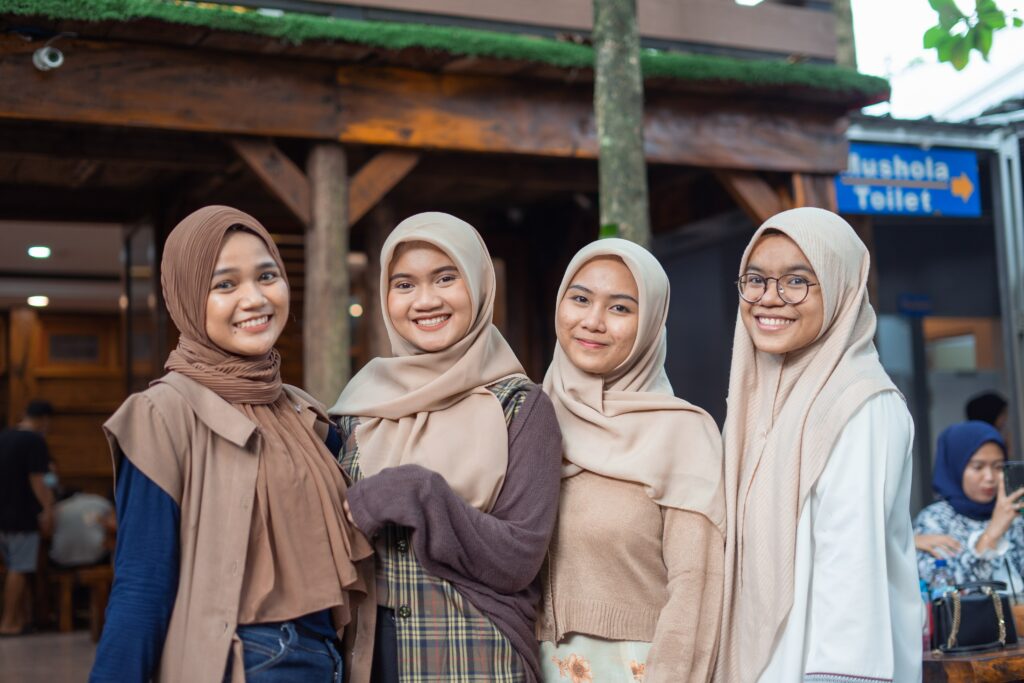Statement – International Women’s Day 2013
08 March 2013
It was Socialist International Women’s founder Clara Zetkin and her Social Democratic Party colleague Luise Zeite who first suggested that one day a year is marked as International Women’s Day. It was adopted as a resolution at the 1910 Second International Socialist Women’s conference in Copenhagen in an act of international solidarity with US delegates who’d honored the 1910 women garment workers strike with a US women’s day.
And so on 19 March 1911, International Women’s Day was first celebrated by over one million women in Europe, including Austria, Denmark, Germany and Switzerland. They demanded the right to vote, hold public office, the right to work, training and an end to workplace discrimination.
One hundred and two years later, the UN’s International Women’s Day 2013 theme is ‘A promise is a promise: Time for action to end violence against women’. Up to 603 million women still live in countries where domestic violence is not a crime, where conflict or emergency triggers sexual violence, and where one in three is beaten or coerced into sex in her lifetime.
Much progress has been made: 125 countries now have specific laws to penalize domestic violence, and global awareness of gender-based violence reached an all-time high in 2013 following international demonstrations by women. The 57th session of the Commission on the Status of Women from 4 to 15 March 2013 seeks agreement even of conservative member states on the ‘Elimination and prevention of all forms of violence against women and girls’. The UN’s aim is that all countries enforce national laws to punish violence against women.
And so on this International Women’s Day 2013, Socialist International Women celebrates the incredible progress women are making by working together across political, economic, social and cultural boundaries against gender-based violence. It is such international solidarity that, just as it inspired the Copenhagen resolution in 1910, will enable women to at last be free from violence, the ultimate expression of gender inequality.

